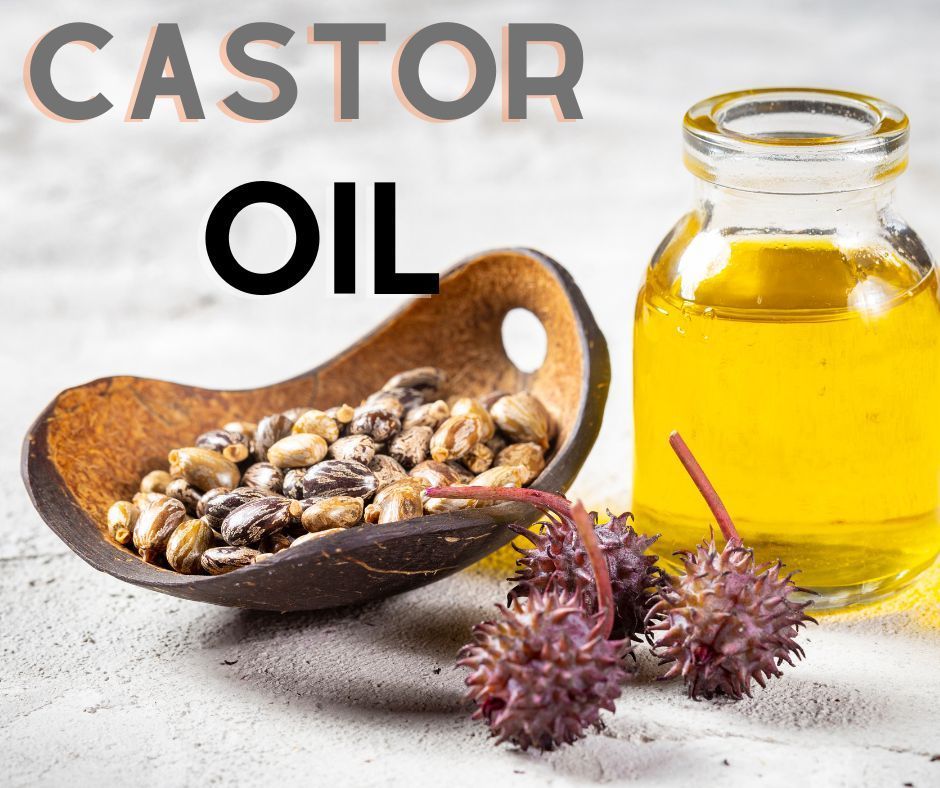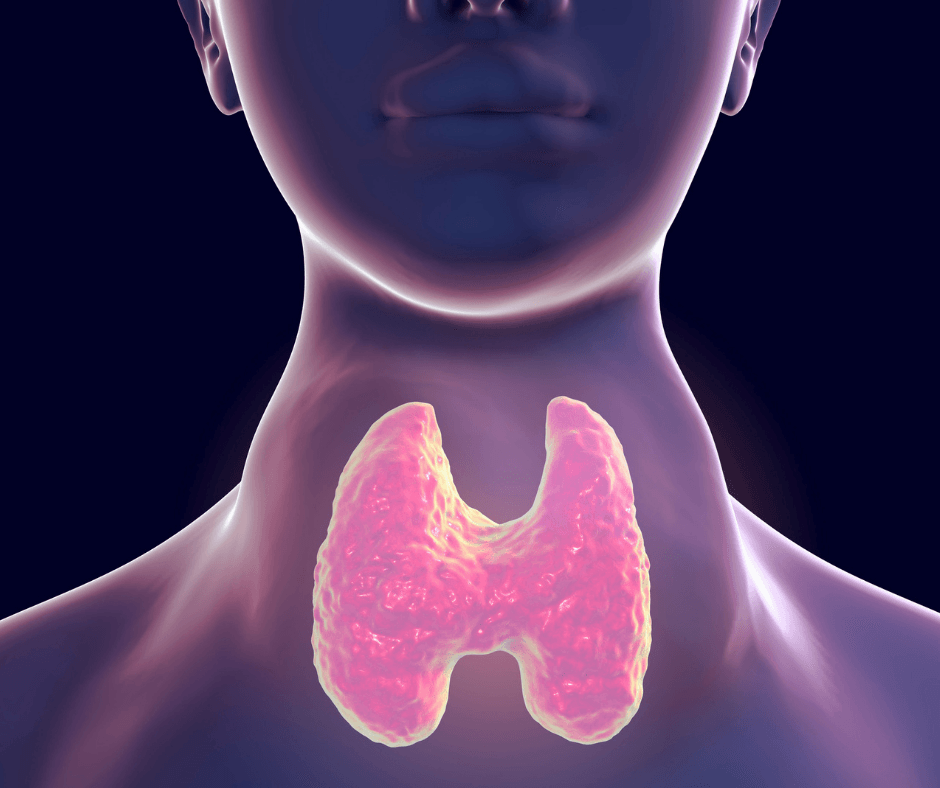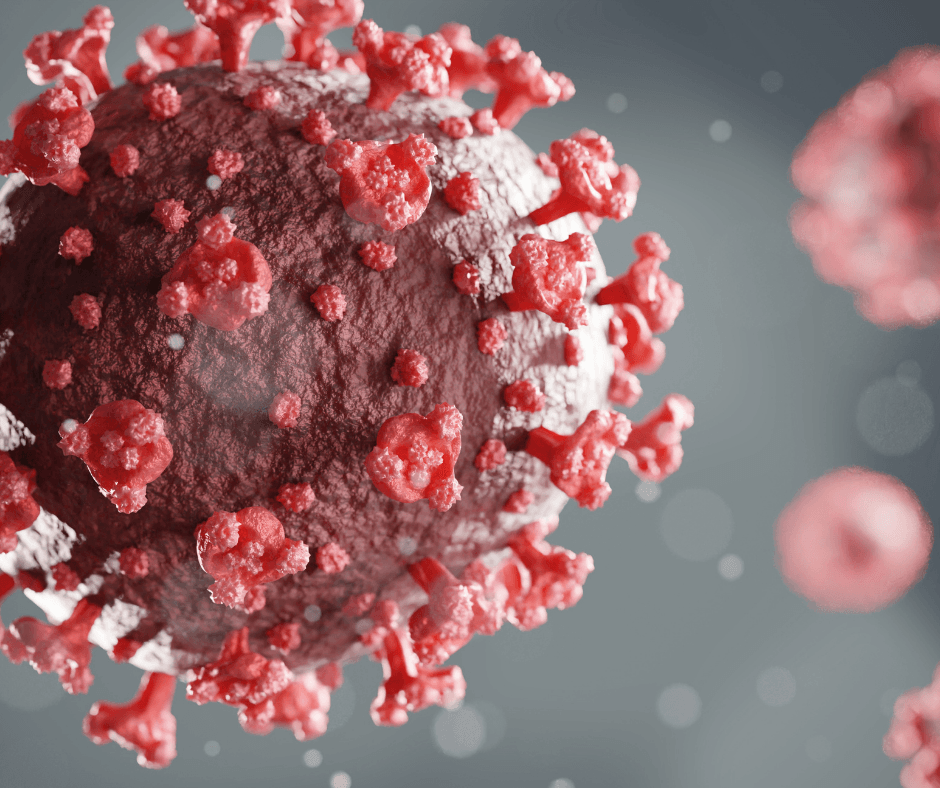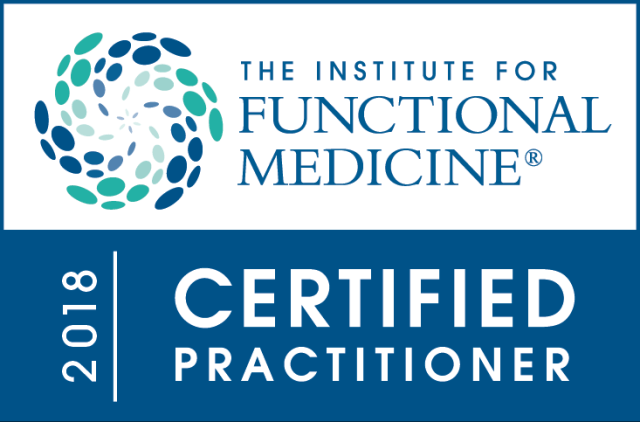Is Low-Dose Naltrexone an Option for my Condition?

THE BASICS:
Low-Dose Naltrexone otherwise known as LDN is a compounded medication that has been shown to help balance out ticked off or dysregulated immune systems.
Common Conditions treated with LDN:
✅ Hashimoto’s (autoimmune thyroid disorder)
✅ Fibromyalgia
✅ Crohn’s Disease
✅ Ulcerative colitis
✅ Multiple Sclerosis
✅ Autism
✅ Irritable bowel syndrome and other gastrointestinal disorders
✅ Rheumatoid arthritis
✅ Systemic Lupus Erythematosus
✅ Multiple Chemical Sensitivity
✅ Chronic pain
✅ Cancers and so much more….
Not all conditions listed above have had published clinic studies. Research continues to be ongoing with different conditions. Currently there is a study being conducted on LDN for treatment of COVID positive patients.
Research into the effects of LDN is ongoing and not a new venture. Research into LDN started in the mid-1980’s for treating HIV patients.
How Does LDN work?
THE GENERAL SCIENCE:
- LDN is a competitive opioid antagonist. In large dose, naltrexone blocks the effects of both endogenous opioids (made by the body) and pharmaceutical opioids (opioid medications).
- LDN is a pure inhibitor. The structure of LDN looks very similar to endorphins that are produced naturally by the body, called met-enkephalin, otherwise known as opioid growth factor.
- LDN is an antagonist at the opioid growth factor receptors. A variety of human cells have opioid growth factor receptors.
- LDN binds to endorphin receptors & the blockade lasts ~4-6 hours, which can cause analgesia and anti-inflammatory effects in part due to the increased production of the body’s endorphins.
To understand how LDN is working with the body, first, we need to understand what ENDORPHINS are:
The body makes endorphins to help regulate cell growth, including immune cells. Many patients with autoimmune disease tend to have low levels of endorphins, which is important for regulating the body’s immune system.
Opioid receptors are located throughout the body including the digestive system, nervous system and on certain immune cells.
THE SPECIFICS:
Low dose naltrexone binds to opioid receptors causing the body’s endorphins to be displaced or removed from the OGF receptors. This affect causes the body’s cells to become deficient or lacking in OGF (also known as endorphins). The body compensates by:
1️⃣ Producing more OGF receptors to get more OGF (endorphins) to bind to the cells
2️⃣ Sensitivity of the OGF receptors become more sensitive to try and get more OGF (endorphins) to bind to the cells
3️⃣ Production of OGF (endorphins) increases to try and compensate for the perceived deficient of OGF.
In a Nutshell:
If a patient takes LDN, they receive a brief blockade of the OGF receptors for a few hours, causing a rebound effect of increased endorphins and increasing the production and sensitivity of OGF (endorphins) and OGF receptors. Once the LDN has been metabolized by the liver, the high level of endorphins produced by this rebound effect can then interact with OGF receptors and assist in regulating the body’s immune system and cell growth.
HOW TO TAKE LDN:
Low dose naltrexone has shown to be beneficial at 4.5 mg in studies. However, every individual is unique, so I take a more individualized approach. I have found that lower doses for some individuals is just as beneficial. With all patients, starting out at a lower dose and working up to an individual’s therapeutic dose is key. Most research recommends starting at 0.5 mg up to 1.5 mg. Depending on the individual, certain patients may need to start out on a smaller dose and their therapeutic dose may be lower than 4.5 mg.
LDN is ideally taken at bedtime, which allows LDN to be most potent when the body’s endorphin levels should be highest.
WHO CAN TAKE LDN:
LDN has been studied on adults and children as young as 4 years old.
DIFFERENT FORMS OF LDN:
The most common form of LDN prescribed are tablets or capsules, which are available by prescription from a compounding pharmacy.
LDN can also be in liquid formulations, sublingual drops, eye drops, creams and lotions.
POTENTIAL SIDE EFFECTS OF LDN:
- Most individuals, in my experience, don’t experience any side effects with LDN.
- Some individuals may have disturbed sleep for a few days when first starting LDN. If disturbed sleep continues, switching LDN to a daytime dose may be helpful.
- Some individuals may have vivid dreams
- Rarely nausea, constipation or diarrhea. If GI side effects occur, it may be helpful to switch to sublingual or topical forms of LDN to bypass the gut.
MY THOUGHTS ON LDN:
LDN can be a very useful medication in helping an individual get a ticked off immune system balanced, which can make it easier to work with patients on fixing the root cause of their issues.
Since I partner with a lot of patients that can’t tolerate any medications, supplements, have trouble living in their environment by reacting to many foods and their environment. The patient’s immune system needs assistance with balance and decreased inflammation, before work can begin on the root causes of issues.
In my opinion, LDN is not a magic pill or a cure—it is a tool to help an individual become more comfortable with less pain, being able to better tolerate their environment by helping out a dysfunctional immune system.
I have patients that have benefited from LDN who have Hashimoto’s, Multiple Sclerosis, Multiple Chemical Sensitivities, Ulcerative Colitis, Fibromyalgia, Chronic migraines to name a few…
If you or a loved one would like to learn more about LDN and if it is a possibility to help in your journey to optimal health, schedule a FREE 15 minute consult with New Beginnings. To schedule call 970-305-0101 or email Staff@NewBeginningsFMC.com.
References:
https://www.ldnscience.org/ldn
https://www.naturalmedicinejournal.com/journal/2018-04/uses-low-dose-naltrexone-clinical-practice


Dr. Shannon's Blog











